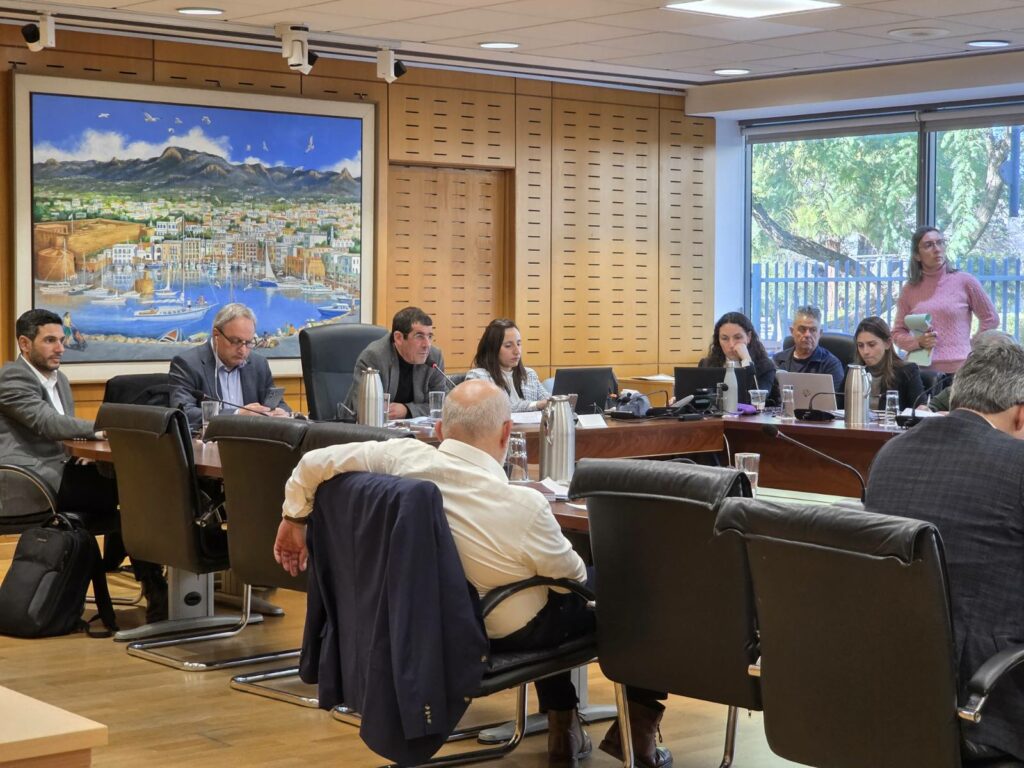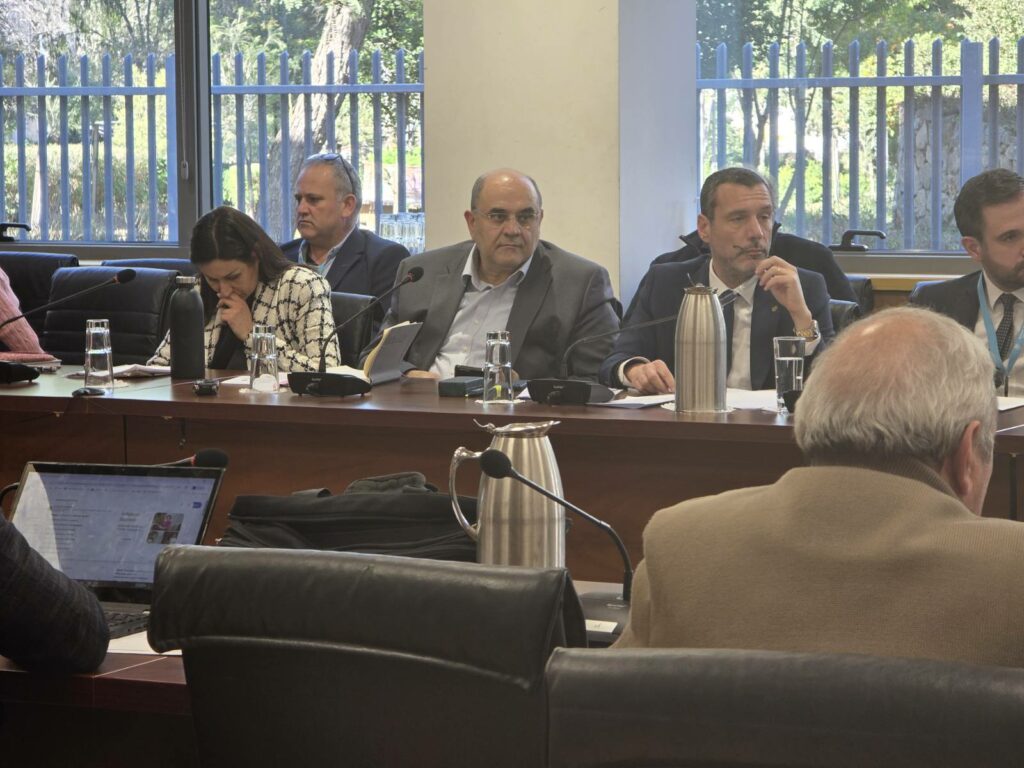The stage is set for the 2025 Annual Meeting of the World Economic Forum (WEF), taking place from January 20-24 in the scenic alpine town of Davos, Switzerland. With global attention on the event, here’s what’s on the agenda for this year’s high-stakes discussions.
This year’s gathering, themed “Collaboration for the Intelligent Age,” promises to be a pivotal moment for global leadership. As over 3,000 influential figures from more than 130 countries converge on the Swiss mountains, the focus will be on addressing some of the most pressing global challenges, including geo-economic instability, AI innovation, sustainable growth, and climate change.
Follow THE FUTURE on LinkedIn, Facebook, Instagram, X and Telegram
Despite the complex global climate of rising tensions and uncertainties, the Forum also brings an optimistic outlook, with breakthrough technologies like artificial intelligence, quantum computing, and biotech offering new avenues for progress.
What to Expect At Davos 2025
As ever, the diversity of participants will be a hallmark of this year’s event. With over 350 political leaders, including 60 heads of state, the meeting will feature voices from every corner of the globe.
According to the WEF, the forum’s approach underscores the importance of this diversity, ensuring that the world’s most critical issues are examined from a multitude of perspectives, fostering solutions that take into account a broad spectrum of industries, generations, and genders.
Key Political Figures At Davos 2025
Among the most high-profile figures attending are:
- Donald J. Trump, President-elect of the United States, will engage in an interactive discussion via live video link.
- Ursula von der Leyen, President of the European Commission,
- Ding Xuexiang, Vice-Premier of the People’s Republic of China,
- Javier Milei, President of Argentina,
- Olaf Scholz, Chancellor of Germany,
- Roberta Metsola, President of the European Parliament,
- Cyril Ramaphosa, President of South Africa,
- Pedro Sánchez, Prime Minister of Spain.
Additionally, the summit will host several key global figures such as Karin Keller-Sutter, President of the Swiss Confederation 2025; Nikol Pashinyan, Prime Minister of Armenia; and Ilham Aliyev, President of Azerbaijan, among others.
The event will also feature prominent leaders from Israel, Ireland, Ukraine, and the Palestinian National Authority, including Volodymyr Zelenskyy, President of Ukraine, who is set to address attendees amid the ongoing geopolitical challenges in his country.
Leaders of International Organizations
Not to be overlooked, key figures from international organizations will also attend, including:
- António Guterres, UN Secretary-General,
- Ngozi Okonjo-Iweala, Director-General of the World Trade Organization,
- Kristalina Georgieva, Managing Director of the IMF,
- Mark Rutte, Secretary-General of NATO.
- Tedros Adhanom Ghebreyesus, Director-General of the WHO, and Achim Steiner, Administrator of the UN Development Programme, will also be present.
Business Leaders and Innovators
The private sector will be well-represented, with over 1,600 business leaders attending, including more than 900 top CEOs and chairs from the Forum’s members and partners. Expect a strong presence of Global Innovators, Tech Pioneers, and Unicorns who are revolutionizing industries. This year, over 120 of them will showcase their groundbreaking contributions to the world.
Moreover, over 170 civil society leaders from labor unions, NGOs, and religious and indigenous communities will be present, alongside experts and heads of top universities and think tanks. They will bring local innovations to the table, offering solutions to global issues.
With such a broad spectrum of participants, Davos 2025 promises to be an intense and action-packed meeting, where crucial decisions on the future of the global economy, technology, and sustainability will be made. The outcome of this year’s discussions could have far-reaching implications for global politics, economics, and societal progress.
The Power of Diversity in Action
The World Economic Forum in Davos has long been a space for collaboration and dialogue, and the diversity of its attendees ensures that no stone is left unturned in addressing the challenges we face. As the world continues to navigate uncertain waters, the decisions made here will shape the coming years. The question is: will leaders at Davos 2025 rise to the occasion, or will they become entangled in the complexities of a rapidly changing world? Only time will tell.









